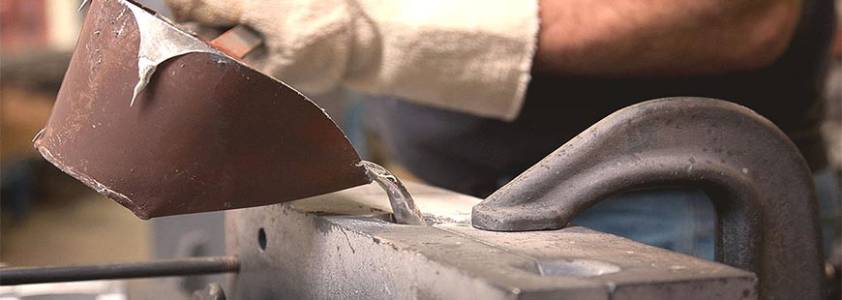
Gravity die casting is a versatile and cost-effective metal casting process ideal for producing high-quality parts with intricate details. This process offers a compelling balance between production speed, part complexity, and overall cost, making it a popular choice across numerous industries.
How it Works:
Molten metal is poured by gravity into reusable metal molds (dies) that are preheated. The metal flows into the die cavity, filling it completely and solidifying under its own weight. Once solidified, the die is opened, and the cast part is ejected. This relatively simple process allows for efficient production runs, especially when compared to more complex methods like pressure die casting.
Advantages of Gravity Die Casting:
Suitable Materials:
Gravity die casting is compatible with a wide range of non-ferrous metals, including:
Applications:
The versatility of gravity die casting makes it suitable for a broad spectrum of applications across numerous industries, including:
Limitations: